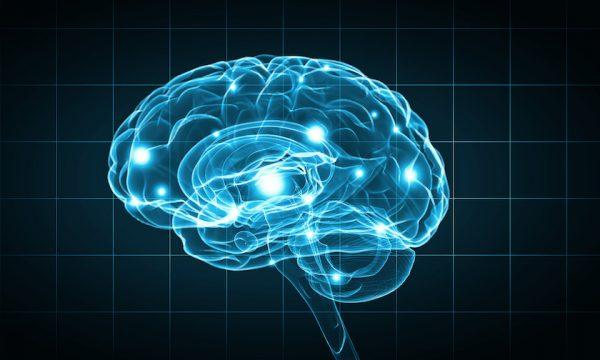For years, scientists largely believed that the production of new brain cells in areas responsible for memory, emotion, and learning stopped after adolescence. This was not a comforting thought, and it lead to ideas that adults, as they age, were more susceptible to emotional instability, faulty memory, and poor ability to learn.
But now, the authors of a recent study report that new brain cells (neurons) continue to be produced in human adults and don’t decline with age. This discovery is good news for adults, and may help researchers find new ways to manage memory disorders and psychiatric challenges.
Making New Brain Cells
According to the study’s first author, Maura Boldrini from Columbia University in New York, the presence of new brain cells and immature cells that can develop into mature ones in older adults “could mean that we need these neurons for our complex learning abilities and cognitive-behavioral responses to emotions.”Andrea Donsky, who holds a bachelor of commerce, is an international TV health expert, best selling author, and founder of NaturallySavvy.com—a recipient of Healthline’s Best Healthy Living Blogs for 2019. This article was originally published on NaturallySavvy.com
Author’s Selected Articles





